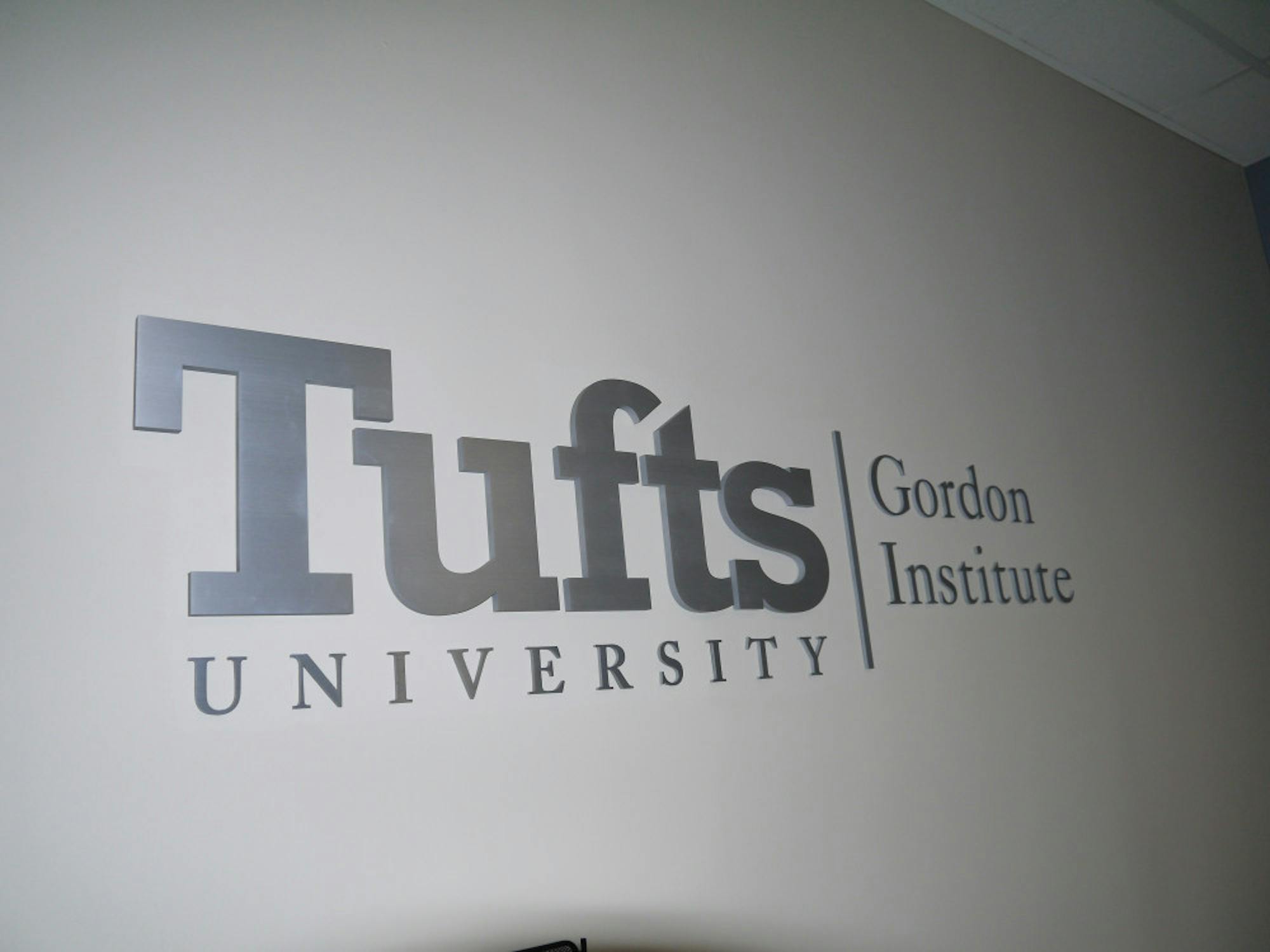The Gordon Institute’s Tufts Entrepreneurship Center (TEC) hosts its annual Tufts Ideas Competition in the fall, where teams propose a financially sustainable business venture that presents a solution to a problem of their selection. Winning teams are eligible to receive cash prizes up to $1,000.
TEC Director Elaine Chen said that the center aims to help students “acquire an entrepreneurial mindset and skillset” by offering practical experiences through classes and events such as the Ideas Competition. The Ideas Competition is a feeder to the $100k New Ventures Competition, which occurs later in the academic year.
“The purpose of Ideas 2020 is really to be the entry point for a lot of people with entrepreneurial interests, and not particularly only those who are already building a venture,” Chen said.
This year, the Ideas Competition received 54 applications, each of which included a two-minute video pitch. Finalist teams presented their ideas in a live pitch event over Zoom on Nov. 13. The live virtual final was open to the Tufts community.
The finalists and winners were judged with arubric based on seven factors: understanding of the problem and target customer, financial sustainability, impact of idea, team, presentation and impression.
This year’spanel of judges included: Karen Cassel (LA‘88), who is CEO of the MedicAlert Foundation, a senior care referral agency and a member of theTEC Advisory Board; Sarah Kugelman (LA’85), who is the CEO and founder of Servd Live, a virtual platform for cooking events with top chefs, and is also a member of the TEC Advisory Board; and Igor “Iggy” Moliver (LA‘10), who is managing partner and head of product and strategy at Remedy Product Studio, an informational technology and services company. He is also the chairman of the Tufts Entrepreneurial Network.
Chen said the judges were chosen because of their different expertise and experiences in building or investing in ventures.
“All three of them would be a good place for students to expand their networks, right? Because then you can go ‘LinkedIn’ them to say, ‘Well, I met you, when you were judging’ … And then thereafter, you know, you're only one degree removed from 5,000 people that Sarah knows, or something like that,” Chen said.
TEC offered a variety of resources to help teams prepare for the competition, including Jumbo Café workshops, pop-up, one-on-one coaching and a student-led pitch practice contest.
Chen said the workshop series was meant to help students who wanted assistance getting started, hence its name, the “Getting Started Series.” It condensed the ideas in the foundational TEC class, “Entrepreneurship and Business Planning,” and delivered the main lessons through five workshops, starting with brainstorming ideas and ending with how to make an effective pitch.
The coaches consisted of faculty, including Chen, and volunteer alumni. Chen said there were about 20 students who met with the coaches in the week leading up to the application deadline.
“There's no minute like the last minute, right?” she said. “I'm glad that people took us up on that because it was great just really getting to know people and learning more about what they're interested in.”
This year, the Entrepreneurship Association of Tufts (EAT), an undergraduate student entrepreneurship club, held its first pitch contest as a way for other student entrepreneurs to receive peer feedback on their pitches. The seven participating teams each had three minutes to pitch over Zoom. President of EAT Matthew Alswanger said each team received initial feedback at the event and later got more detailed comments based on a rubric.
“Basically, I took the rubric, and I kind of modified it from other pitch competitions, from talking to professors who've done this. And I basically went off the rubric, and then my own experience, either doing pitches or watching pitches, as well as the feedback from my board,” Alswanger said.
Due to the pandemic, this year’s competition will be virtual. Alswanger noted how delivering a pitch through Zoom can take the personal aspect out of it.
“What you find is when people pitch, what separates, sometimes, the higher quality from the mediocre pitches is body language, which is kind of tricky to do online,” Alswanger said. “So for some people, that's a benefit because now they don't have to worry about fidgeting or moving around. And then for others, it kind of takes away because their body language can be a huge bonus in the pitch because a lot of it comes down to how enthusiastic you are.”
Juniors Dash Wedergren and Deepen Goradia participated inlast year’s Ideas Competition and were a part of one of four winning teams. They pitched an idea for an artificial intelligence-based software that helps strengthen users’ data privacy, and they are currently developing their venture called Blacklight.
Wedergren said preparing for the competition helped start the basis of their venture.
“It forced us to ask lots of questions about the business itself, like what segments of customers we were targeting, what the product itself was, our five-year plan, and like vision. And so even, you know, in that process alone, I think it was helpful for us to sit down and map out and ask these questions,” Wedergren said.






